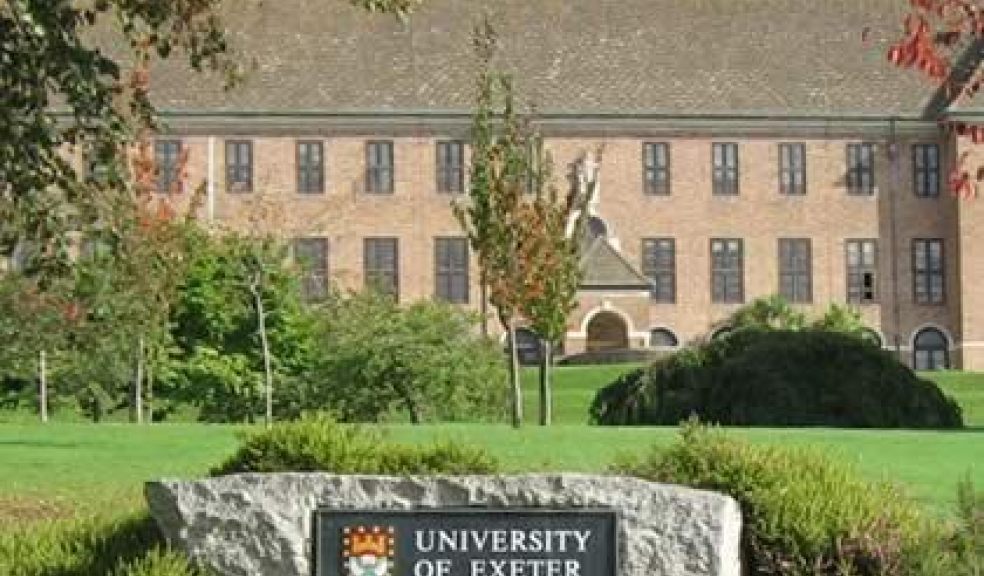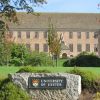
Cystic Fibrosis Trust announces £750,000 investment in Exeter-based research centre
A pioneering new strategic research centre, that will aid health professionals to design bespoke physical activity and exercise plans to improve the everyday lives of young people with cystic fibrosis, has been launched.
The ground-breaking research centre, which comprises an international team of experts led by the University of Exeterm was announced on Saturday, March 5. It will be led by Professor Craig Williams in conjunction with Dr Alan Barker, both from Exeter’s Sport and Health Sciences department.
The project will also involve collaborators from the University of Toronto and Sickkids Hospital, Great Ormond Street Hospital and UCL, and the Universities of Swansea and LaTrobe, Melbourne, Australia.
The world-leading specialists have received a grant of £750,000 from the Cystic Fibrosis Trust to develop a comprehensive strategy which would allow those living with the debilitating condition to be given tailored activity and exercise regimes.
Although there is no cure for cystic fibrosis, there are a range of treatments available to help manage its effects, including physiotherapy and physical activity and exercise. However, at present there are no definitive guidelines on the type and intensity of activity and exercise that would suit each individual.
The research centre will aim to develop a series of recommendations and guidelines to assist health professionals determine the right blend of activity and exercise that will be most beneficial on a case-by-case basis.
Professor Williams, who specialises in Paediatric Physiology and Health and is Director of Exeter’s Children’s Health and Exercise Research Centre said: “Adolescence is characterised by a marked decline in physical activity participation, particularly in girls and is known to track into adulthood. This reduction can have long-term consequences for people with CF, including reduced lung function, health related quality of life and aerobic fitness, which is a key predictor of patient mortality. We know that the promotion of physical activity and more formal exercise training are two ways in which people with cystic fibrosis can manage their condition, but they are still often underutilised.
“The difficulty can be that while each individual will need different levels of exercise, it is not always easy to recommend what that will be. This centre has some of the world’s leading experts in the field and will help clinicians determine what the type and in what context activity and exercise can be recommend.
“We are confident that this research will fill in some of the gaps that exist in treating cystic fibrosis, and so have a truly positive impact on the day to day quality of life of so many people.”
Cystic fibrosis is a life-limiting inherited condition caused by a faulty gene that controls the movement of salt and water in and out of cells. This causes mucus to gather in the lungs and digestive system and creates a range of challenging symptoms.
More than 2.5 million people in the UK carry the faulty gene, around one in 25 of us – most without knowing. More than half of the cystic fibrosis population in the UK will live past 41, and improved care and treatments mean that a baby born today is expected to live even longer.
Keith Brownlee, Director of Impact at the Cystic Fibrosis Trust said “Being physically active has important clinical benefits for cystic fibrosis, including improved lung function, aerobic fitness and lung clearance. It also brings psychological and social benefits such as improved self-confidence, socialisation and self-esteem. Despite this knowledge there is limited evidence in this area and as such, we’re delighted to offer the University of Exeter this grant to explore the benefits of activity further and look forward to sharing the results.”














